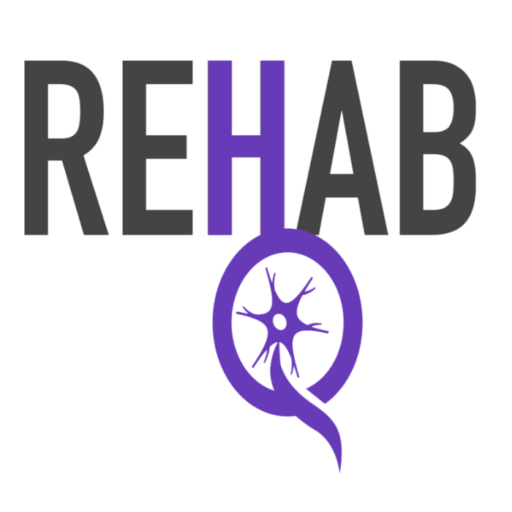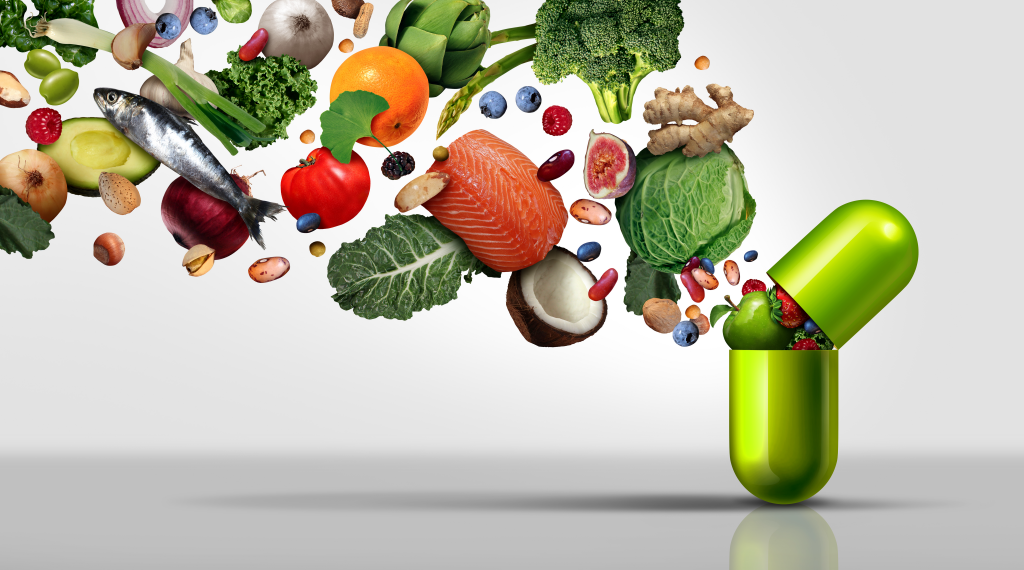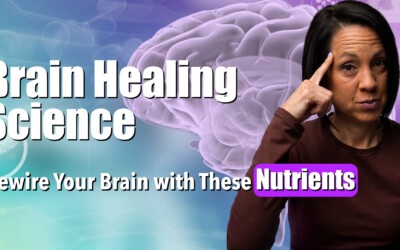What you eat might be the most powerful rehab tool you’re not using.
Nutrition isn’t just about weight or willpower. It’s not about which diet is trending this year. And it’s definitely not about perfection.
It’s about function.
And when your brain is trying to heal, build new connections, and reduce inflammation, what you eat can either help—or quietly hurt.
Let’s start with what gets in the way…
What Are Ultra-Processed Foods—and Why Do They Matter?
Ultra-processed foods aren’t just “junk food.” They’re industrial creations engineered to be hyper-palatable and addictive, often at the expense of your brain and body.
We’re talking about:
- Refined grains and sugars
- Industrial seed oils
- Flavor enhancers, preservatives, and additives
- Foods that come in a box, bag, or bottle with more ingredients than a science experiment
- A good rule of thumb is if the food contains an ingredient you don’t have in your kitchen, it is most likely ultra-processed.
These foods light up your dopamine pathways, spike your blood sugar, and quietly disrupt your gut lining. For stroke survivors or anyone recovering from neurologic injury, these effects compound—leading to more inflammation, impaired energy production, and slower brain repair.
So What Should You Eat Instead?
A whole-food diet.
That means eating real food—things that grew in the ground or had a face. Not products that require a factory to produce or a commercial to explain.
Whole foods deliver the nutrients your cells need to repair, regulate, and rebuild:
- Colorful vegetables and fruits
- Unprocessed meats, fish, and eggs
- Healthy fats from olives, avocados, nuts, and seeds
- Nutrient-dense carbohydrates like sweet potatoes and squash
It’s not about being perfect. It’s about consistency. The more whole foods you eat, the more you reduce inflammation—and the better your brain can function.
Why Animal Protein Matters
After a stroke, your body needs high-quality protein to rebuild lost muscle, restore neurotransmitter levels, and support brain repair.
Animal proteins—like eggs, fish, poultry, and beef—are more bioavailable, meaning your body can use them more efficiently. They also contain complete amino acid profiles, which are essential for healing.
Compared to plant-based proteins, they offer:
- More nutrition per calorie
- Fewer inflammatory compounds (especially when sourced well)
- Better support for neuroplasticity and muscle recovery
If you’re trying to repair your brain and rebuild strength, animal protein should be a foundational piece—not an afterthought.
Fiber: The Unsung Hero of Brain and Gut Health
Fiber doesn’t just “keep things moving.” It feeds your gut microbiome—and your gut microbiome directly influences your brain.
When you eat whole-food fiber (from vegetables, fruits, nuts, seeds, and legumes), your gut bacteria ferment that fiber into short-chain fatty acids (SCFAs) like butyrate. These SCFAs:
- Strengthen your gut lining
- Reduce systemic inflammation
- Influence mood, motivation, and brain plasticity
In other words, fiber helps heal you from the inside out. But here’s the catch: you won’t find it in refined grains or packaged foods.
Complex Carbs vs. Refined Carbs (And Why I Avoid Grains)
Not all carbs are the enemy. But we need to distinguish real carbs from refined ones.
Refined carbohydrates—like white rice, bread, pasta, crackers, or “whole grain” cereals—are stripped of their fiber and nutrients. They spike your blood sugar, inflame the gut, and leave your brain and body running on fumes.
Complex carbs, on the other hand, are found in:
- Starchy vegetables (like sweet potatoes, beets, and winter squash)
- Whole fruits (especially berries)
- Legumes and root vegetables
These carbs still have their fiber intact. They digest slowly. They nourish your microbiome.
And they support energy without the crash.
That’s why I steer clear of most grains—especially those that have been milled into flour. If it’s been pulverized, stripped, or “fortified” after the fact, it’s likely not helping your recovery.
Hydration: The Most Overlooked Nutrient
Let’s not forget water.
Hydration affects everything—blood flow, energy levels, digestion, cognition. Without enough water, your cells can’t detox, your brain can’t repair, and your body runs like a dried-out sponge trying to function.
As a rule of thumb:
- Drink half your body weight in ounces of water daily
- More if you’re sweating, taking certain medications, or in hot environments
- And yes—real water, not just coffee or sports drinks
Final Thoughts
Nutrition is one of your most powerful tools for recovery.
Not because you need to follow someone else’s diet…
But because your brain and body are trying to rebuild—and they need the right materials.
So ditch the ultra-processed foods.
Choose real, whole foods.
Prioritize protein, fiber, and hydration.
And remember:
You don’t need to be perfect.
You just need to be consistent.
Want to learn how this fits into the bigger picture?
Check out [this article] on the four non-negotiables for recovery. Nutrition is just one piece—but it affects everything else.
Best Foods for Brain Healing and Mental Clarity
Brain Recovery Nutrition How Diet Fuels Healing and Focus https://youtu.be/P5UJMJJRVdw When it comes to stroke recovery, exercise and rehab often take the spotlight. But what if the foods you eat and the nutrients inside them could also play a powerful role in healing...





